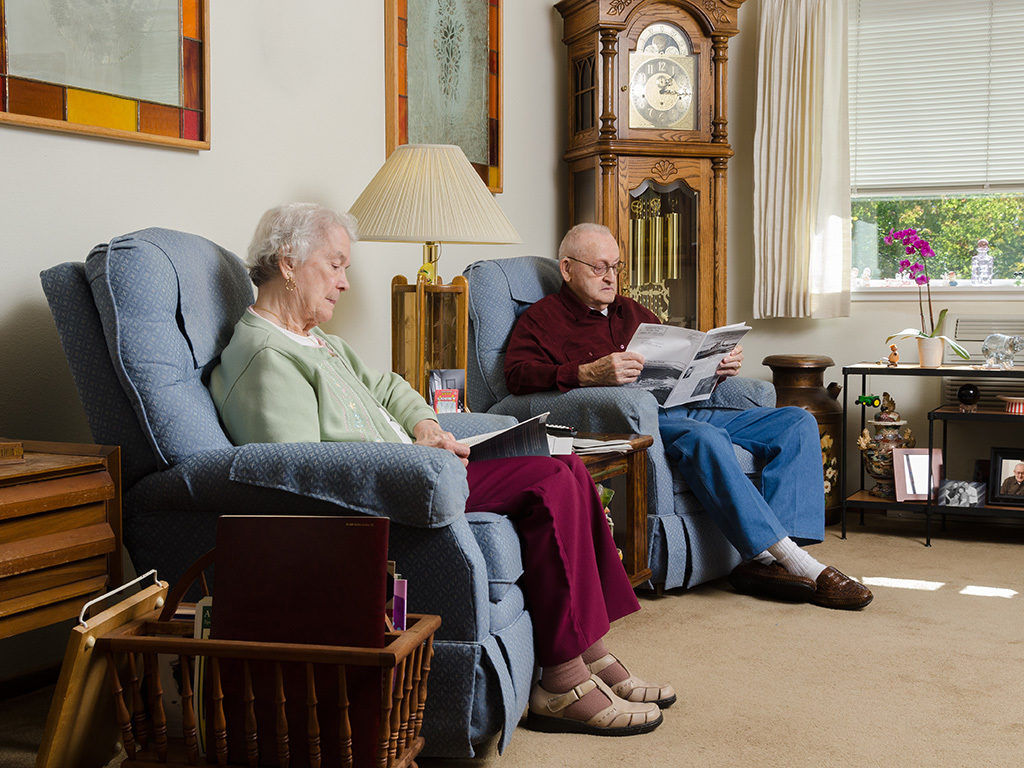Published by Forbes.com | September 9, 2022
Tenants are wrestling with rent increases of 28% on average over the last three years.
Sharon Greenfelt Kersten, a 70-year-old publicist, loved the $1,900-a-month Fort Lauderdale, Florida, two-bedroom rental house where she lived and worked. But in November 2021, her landlord told her he planned to raise the rent by roughly 40%, to $2,800 monthly.
“I absolutely could not afford that,” says Kersten.
So, she wound up moving to a nearby $1,400-a-month, one-bedroom apartment without a washer/dryer or dishwasher. “I’ve downsized substantially,” Kersten says. But at this point in my life, she notes, “it’s a question of want versus need.”
Kersten is already strategizing what she’ll say to her new landlord when the lease is up in January. “I plan to call him in October and do a little begging,” she says. “I’m just going to say: ‘I want to be here forever. Please don’t raise my rent.'”
Her story is all too similar for many renters in their 60s and 70s struggling with huge rent hikes.
“It’s got to be really, really hard for some folks,” says Kate Terhune, director of brand marketing for Rent.com, the engine behind Redfin Rentals. Housing costs represent the greatest expense, and biggest share of household budgets, for Americans 55 and older, according to the National Council on Aging.
The median monthly rent in America’s 50 largest metro areas hit $1,876 in June, a new record after 15 consecutive months of increases, according to Realtor.com. It’s over $3,000 in places like New York City and San Francisco, where tenants routinely spend more than 30% of their income on rent (more than what financial advisers typically recommend).
Rents in America have risen 14%, overall, since June 2021, going up much more than wages. And they’re now 28% higher than in 2019.
“One third of older adult households have no money left each month or are in debt after meeting essential expenses,” Mary O’Donnell and Naomi Stanhaus of the RRF Foundation for Aging wrote in the July-August 2022 edition of Generations Today.
The current rent ruckus stems partly due to landlords making up for their inability to raise rents early in the pandemic and today’s vacancy rates at their lowest point in 35 years.
The steep rise in rents has moderated a bit lately, but housing analysts expect rents to keep going up due to severe constraints on the supply of apartments and rental homes.
Some older renters are giving up on renting altogether.


